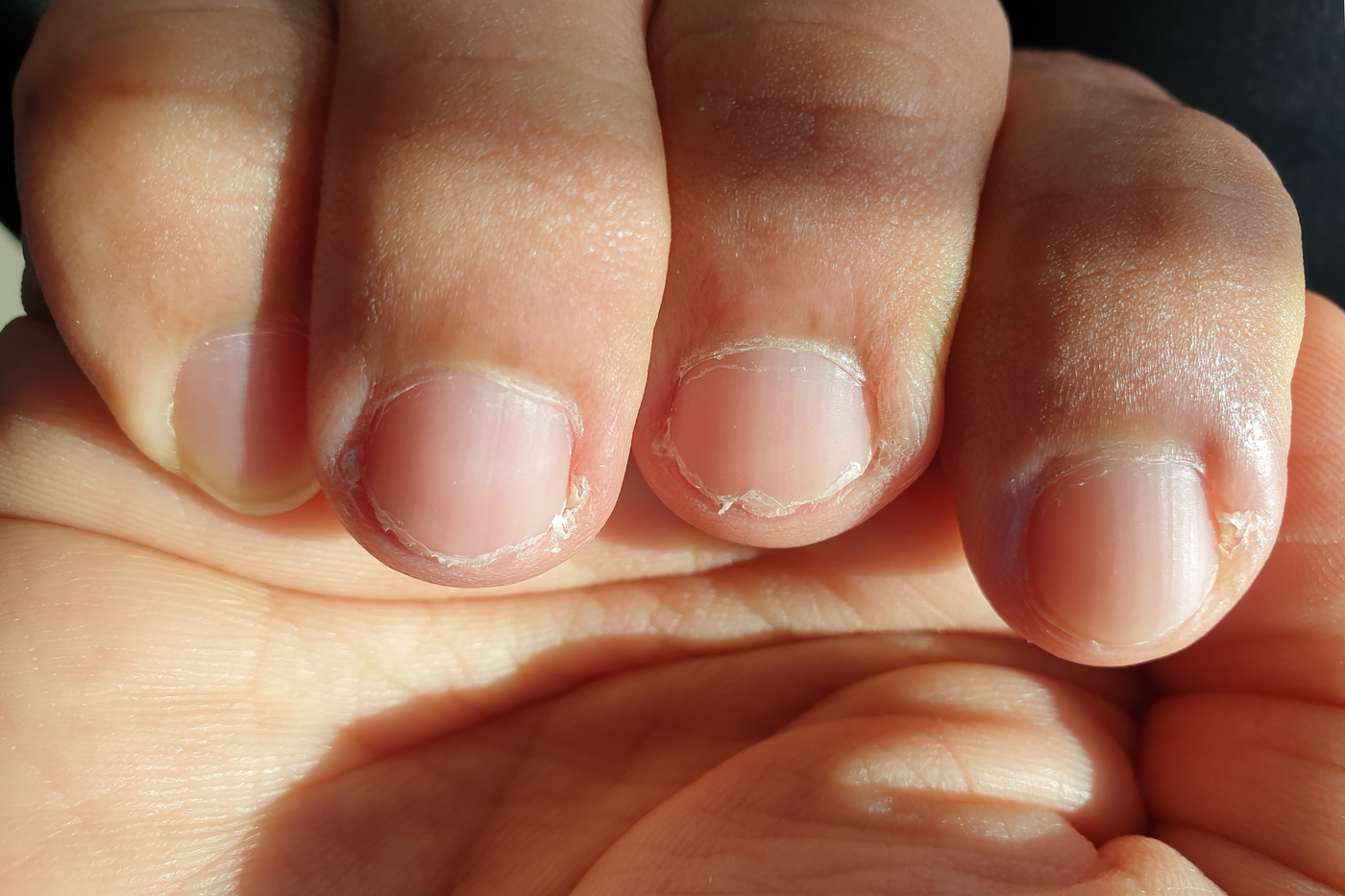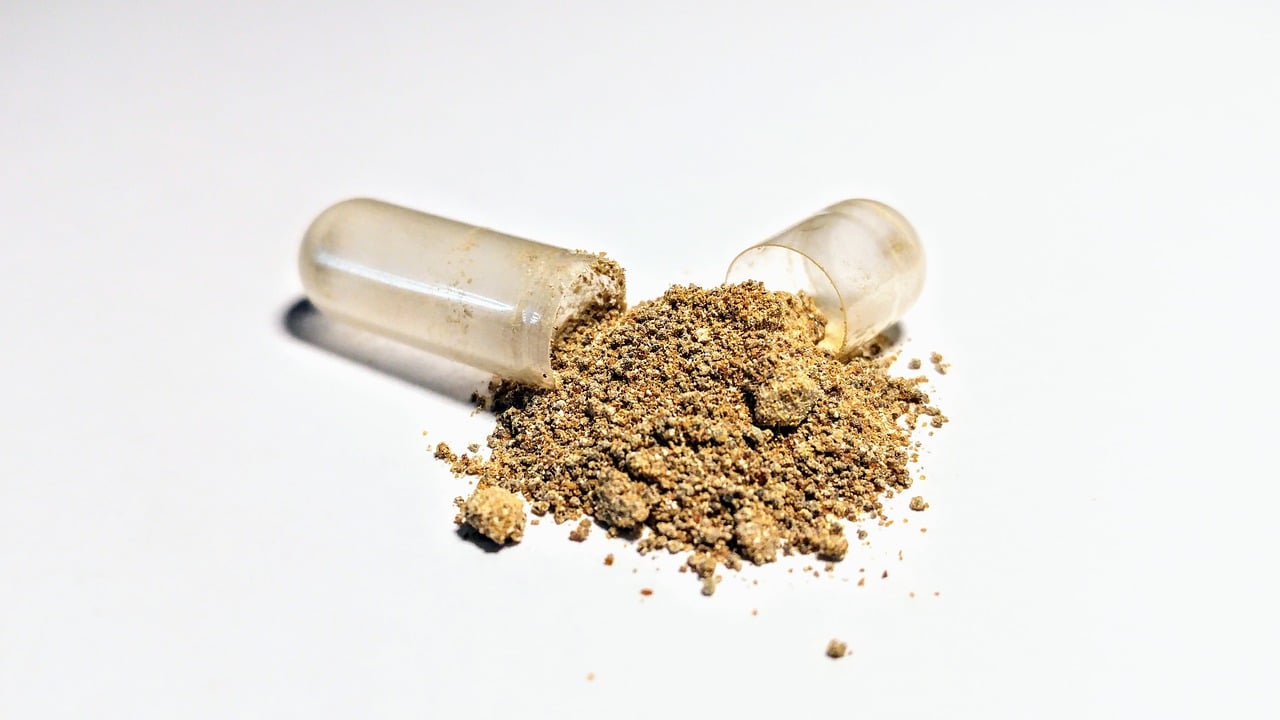Even though some of the world's worst diseases like cancer impact millions of lives every year, their causes are actually better understood on the microscopic level. With every advancement in research, science gets closer to comprehending not just how cancer begins, but how it can be prevented – and potentially even cured.
Amazing strides have already been made in treatments for various types of cancers, and this is all thanks to researchers' understanding of how cell damage plays a part in the development of the disease. As compounds that sustain healthy body functions change, your cells are at risk of developing harmful mutations that can lead to potential problems. If you care about protecting your cells from damage, it pays to understand how changes to your DNA and cancer fit together.
An absentminded builder
To get a full view of how cancer truly affects you at the cellular level, you might have to take a trip back to grade school biology class. Instead of being one big organism, you're actually made up of trillions and trillions of microscopic and sub-microscopic cells. Inside these cells, a chemical molecule called "deoxyribonucleic acid" – though more popularly known as DNA – holds the instructions for what these cells are supposed to do when it's time to grow. If everything goes according to plan, your cells make exact copies of each other in a process called mitosis or meiosis and you go on happy and healthy.
However, when the DNA inside your cells makes a mistake during the process of replicating, a damaged and possibly cancerous cell could result. Sometimes, this can be genetic – if your parents had cancer, there is a greater likelihood that your cells are predisposed to this kind of damage.
That's far from the only way you run the risk of compromising your cell health, though. External factors like ultraviolet radiation from the sun and toxins in certain foods can subtly damage DNA. Normally, this only happens in small batches, and the affected cells don't cause much harm. When large-scale cell damage occurs, however, cancer is a likely and apparent result.
"DNA damage promotes the growth of cancerous cells."
Several studies have recognized the role cell and DNA damage play in the development of several cancers. A research team from the University of Tennessee and Jilin University in China found that cells with DNA damage produce a response in the body that actually promotes the growth of the resulting cancerous cells in breast tissue. A separate group at the Breakthrough Breast Cancer Research Centre at the U.K.'s Institute of Cancer Research identified harmful changes to DNA caused by cell damage as the key area cure-focused studies should be examining.
Protect yourself
The truth of the matter is that the DNA in your cells makes mistakes all the time – it's just not very good at its job. That's what scientists believe leads to signs of aging like sagging skin and decreased hearing function. However, when external factors accelerate DNA replication errors, cancer is a likely outcome.
There are still plenty of lifestyle changes you can make to protect you and your family, though. Experts agree that a combination of a nutritious diet, a healthy weight and an active lifestyle are all beneficial steps to take in the fight against harmful cell damage, but these aren't foolproof by any means. Your best bet is to lead as healthy a life as possible, see a doctor for regular screenings, and make sure your cells are protected from DNA damage as much as possible.



